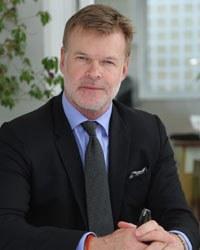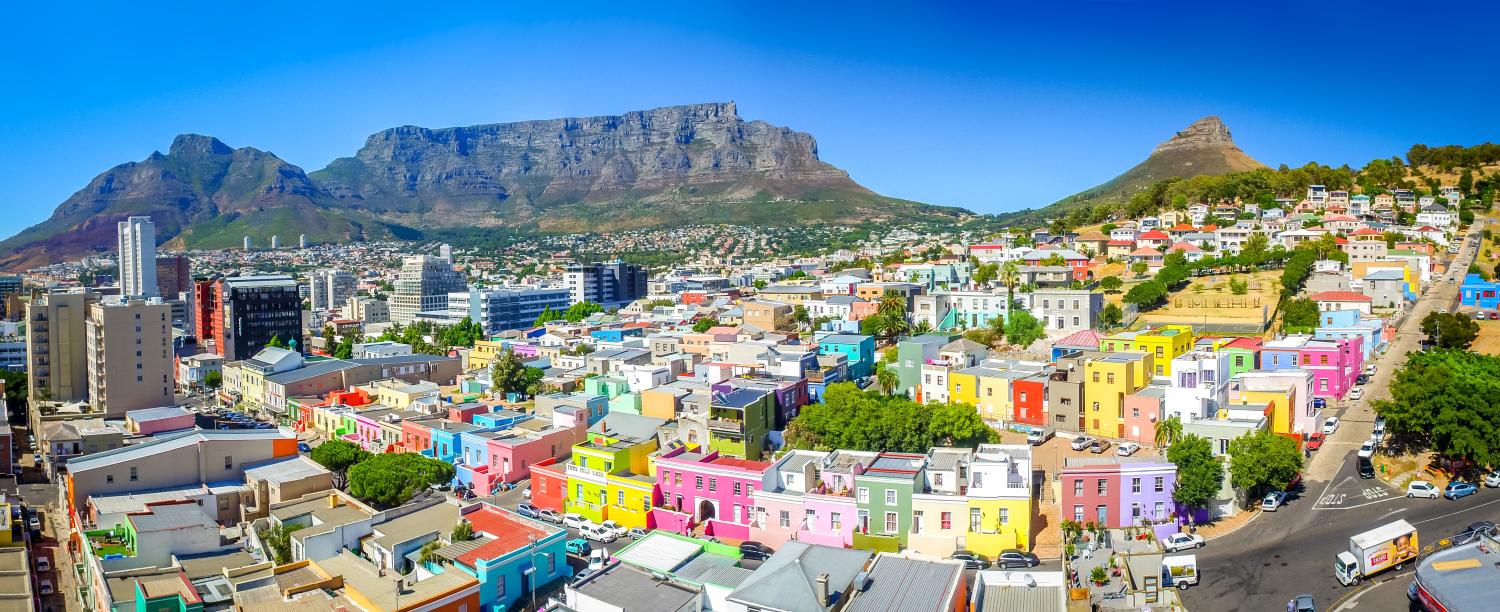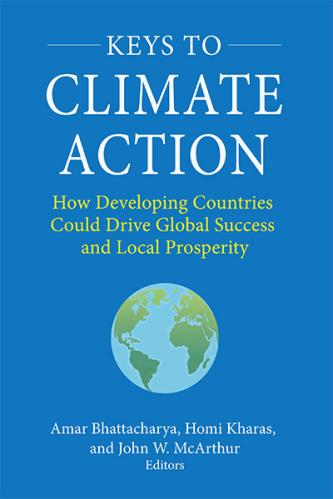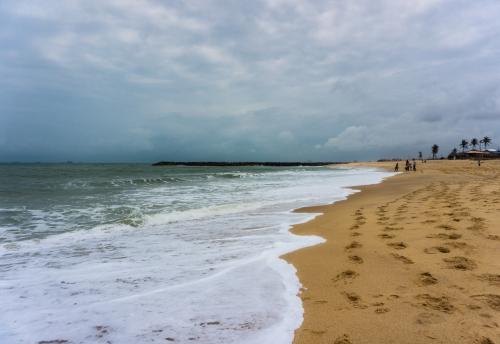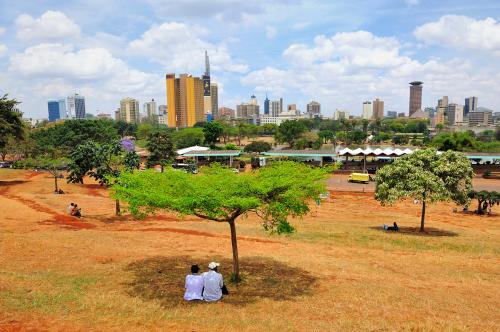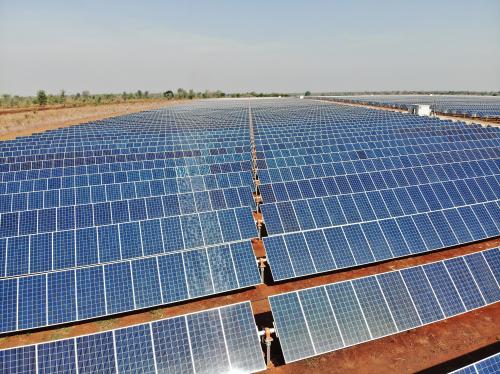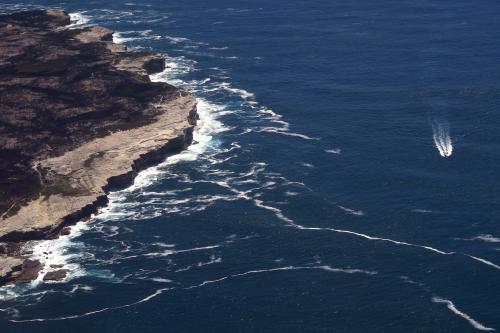This chapter was published in the edited volume “Keys to Climate Action: How Developing Countries Could Drive Global Success and Local Prosperity.”
The joint economic characteristics of very high carbon intensity and high levels of inequality and poverty make South Africa the poster child for the need for an integrated climate-cum-economic development program. This working paper focuses on three elements of South Africa’s transition: Policy, Political Economy, and Process. First, the working paper presents the patchwork of South Africa’s transition policy landscape, setting out the latest Nationally Determined Contributions (NDC), Net Zero, and other policy commitments made by South Africa, and offering a view on the status of the debate in the country regarding the notion of a “just transition.” Then, the working paper explores South Africa’s challenging political economy regarding the most salient obstacles to implementing a just energy transition. Finally, in attempting to understand what it would take to overcome these obstacles and whether decarbonization presents any major new economic development opportunities, the working paper offers a process answer. The Presidential Climate Commission (PCC) is given as a case study, with its positive impact since its establishment in late 2020.
Interview with the author
What is one main message from your chapter?
Good process, with open, inclusive and participatory consensus-building led by a credible institution, can help cut through a trenchant political economy in which vested interests are resistant to transformative change.
What presents the biggest opportunity?
South Africa’s ‘green’ transition represents a once-in-a-century opportunity to rewire its economy; by shifting from a fossil-fuel based extractive economy based on Victoria-era approaches to labour and commodities, to a renewable energy-based economy with local industrial value chains, the country can integrate climate action into economic development in a transformative fashion.
What serves as the biggest challenge?
The ‘political economy’ is difficult, with many vested interests that present obstacles to progress – from corruption, to fragile state institutional capacity, to lack of leadership.
What gives you the most hope?
The Presidential Climate Commission has shown how good, inclusive, open and participatory process can help navigate this difficult political economy and isolate political actors who unreasonably resist progress, combined with the human capital that exists in South Africa, across all of the main sectors including business, civil society and academia.
The Brookings Institution is committed to quality, independence, and impact.
We are supported by a diverse array of funders. In line with our values and policies, each Brookings publication represents the sole views of its author(s).
